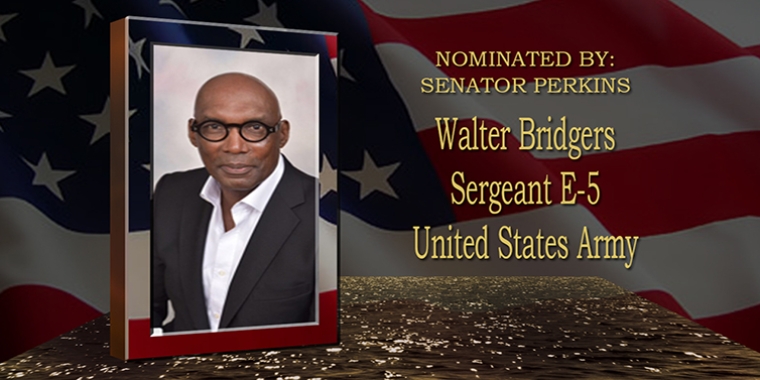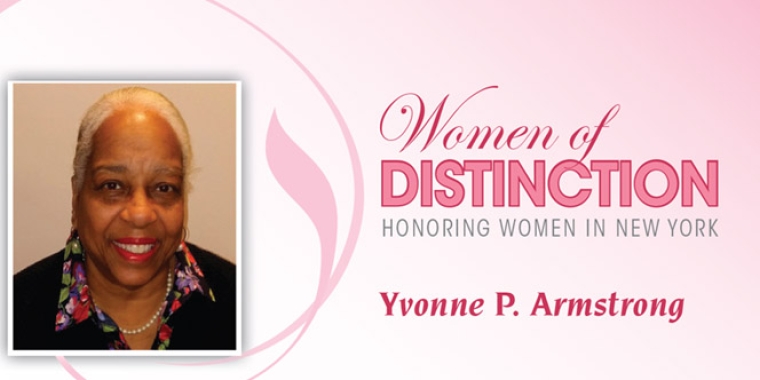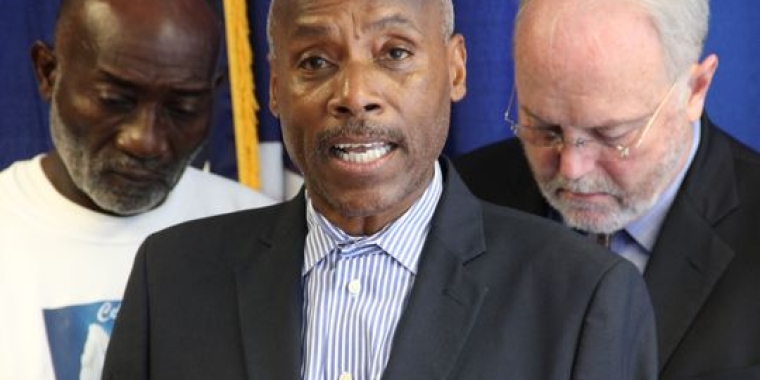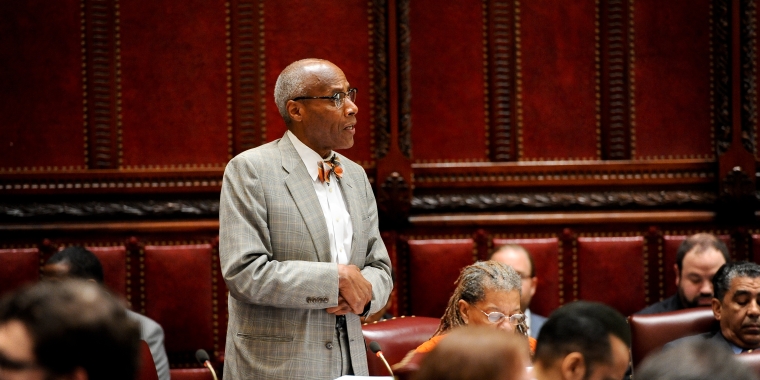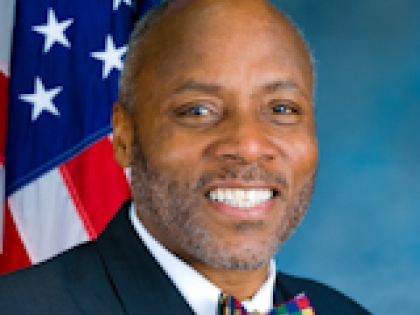
A Racist Incident Rocks Teachers College
A day after a noose was found hanging on the doorknob of Professor Madonna Constantine’s office, the Teachers College community rallied to her support in decrying the incident as intolerable. A message sent to the Teachers College Community from President Susan Fuhrman, explaining why police were on campus, denounced the incident as a "hateful act, which violates every Teachers College and societal norm." Columbia University President Lee Bollinger also issued a statement saying that "This is an assault on African Americans and therefore it is an assault on every one of us."
Teachers College administration quickly organized a town hall meeting to allow members of the community to raise issues of concern and air grievances to a panel that included President Susan Fuhrman; Provost Tom James, Janice Robinson, the General Counsel and Executive Director of the President’s Office for Diversity and Community; and Student Senate representative Michelle Cammarata.
An hour and a half before that meeting convened to a packed house in the Cowin Center, students assembled on the front steps of the College, chanting "No more nooses," and bearing signs declaring "Intolerance is Intolerable," "Say No to Racism Every Day" and "We All Live in Jena," referring to an incident in Jena, Louisiana, where white high school students hung nooses in trees and were not prosecuted. As the impromptu program began, a number of TC and community representatives stepped forward to address the crowd. Among them was Constantine herself, who, speaking publicly for the first time and flanked by her attorneys, delivered a prepared statement.
Expressing her distress that the Teachers College community had been exposed to this incident, Constantine encouraged the crowd to stay strong in the face of such a blatant act of racism. "Hanging the noose on my office door reeks of cowardice and fear on many levels," she said. "I want the perpetrator to know that I will not be silenced."
As she spoke, others in the crowd shouted their support – "We’ve got your back!"
Manhattan Borough President Scott Stringer told the crowd that bigotry of any group is "something we will not tolerate."
Senator Bill Perkins called the incident a wake-up call that "even in the Ivy League Towers in Columbia University in 2007, we might as well be in Columbia, South Carolina, in 1809."
TC’s President Fuhrman began by telling the crowd simply, "I’m protesting with you – I share your shock and outrage."
Fuhrman said that "this horrid act has no place in this institution, so I stand here with you."
As the crowd began took up a cry of "Not here, not anywhere!", with some pumping their fists in the air, Calvin Hunt, a representative from the People’s Community of Harlem shouted out to the group, "No justice!" to the response, "No peace!" and attacked the comments by Borough President Stringer, who recently endorsed the right of eminent domain for Columbia University in its Manhattanville project. "If you are for Black people, be for them all the time. You are for Columbia’s expansion and then come here and talk about a noose. You already put a noose around our neck."
In the Town Hall meeting a short time later, a full house listened as Fuhrman once more condemned the action. "We deplore it and we are here to talk about what we can do." Fuhrman encouraged the "family" of the TC community not to hold back, but to talk about not only the "big horrible events but the little slights." And while noting that TC’s percentage of minority faculty is 21 percent – higher than other education schools -- she called that figure "not good enough" and pledged to redouble efforts to do more to recruit additional faculty of color and find financial aid for minority students.
Fuhrman said that specifically the College would be more alert to hiring opportunities even when it is not in a search mode for a particular position: "If there are stellar African Americans, we should be prepared to recruit them."
Students had also called for an increased emphasis on multiculturalism in the TC curriculum, to which Fuhrman said:
"We have 32 courses addressing multicultural issues. That sounds like a lot, but maybe not, and maybe not in the right ways."
She concluded: "So we know there are actions we have to take. We don’t want to be in a situation, ten years from now, where people ask, what did we actually do."
James talked briefly about the departmental "self-studies" he has set in motion, involving teams of external faculty members, and suggested that these might be a venue for approaching the question of multiculturalism in the curriculum.
"We might be the number one education school, but so what? There is much more to do. As the chaplain at Harvard once said, "It is not enough to be great; you also have to be good."
Robinson encouraged the community to use this incident to "galvanize us to move forward," while Cammarata said she was heartened to see the student body so fully engaged in the discussion.
Audience members repeatedly expressed the concern that it should not take the severity of a noose on a doorknob for people’s experiences with discrimination and prejudice to be acknowledged and validated. Many said while they were shocked to hear of the incident they were not surprised. One student from Virginia said that she keeps hearing people say "’you would expect something like this to happen in the south, but you wouldn’t expect it here.’" Yet, since she arrived in 2003, she said, she has found no difference between the north and south.
Some were fearful of speaking out, and asked Professional Staff Executive Committee member Lisa Farmer to speak for them. Farmer said that some people who work in departments where the prevailing sentiment is "this isn’t a big deal" have kept quiet because they don’t want to be perceived as trouble makers. She also addressed safety concerns, saying that while a noose is a symbol, it’s also "a weapon."
"What if it was a gun or a bomb? In light of Virginia Tech and St. John’s, how would we be notified and is there a crisis management plan?"
Robinson responded that the school is reexamining its crisis management plan. "We’re looking at a text messaging vendor. And we’re also trying to address how we can keep an open environment here even as we ratchet up security."
Others observed that whoever hung the noose felt safe enough to do so. One doctoral student said it was no wonder. "As an African American woman, how do you think I feel, and what message do you think is sent with a panel made up of three-quarters white individuals as leaders to help me deal with this when you at the top do not have us as the norm. It sends a message without your saying one word." Fuhrman responded to her charge by saying, "Point well taken."
A math education student told the audience, "Skin color alone doesn’t determine diversity," adding that he finds taking a subway to be less stressful than walking through the halls of Teachers College. He said that when asked by a reporter how to be proactive, he responded, "You say thank you; you say hello; you look at people with respect and listen to each other. You don’t hide your purse when you see a dark skinned person."
A Columbia University doctoral student, expressing disappointment at a lack of similar response to anti-Muslim graffiti found on Columbia’s campus, added, "This isn’t a black issue, it is not a TC issue, it is a hate issue, and we need to come together as a community."
While most of the discussion focused on students’ experiences and the community as a whole, faculty members were also encouraged to speak out, with some expressing disappointment that more faculty members have not spoken out against the incident.
Saying he is one of only three tenured black male faculty members and the only one under the age of 50, Associate Professor Gregory Anderson said he was discouraged that talk of recruitment has gone on so long without increased results. "It is important we recognize it is not just about recruitment, it’s about retention. We know what it is like to be a target."
He went on to say that paradigms for the academy are shifting but that the tenure process does not allow scholars to venture too far from traditional disciplines. "There is a price to be paid when you do new knowledge at an institution that has demanding paradigms. It doesn’t fit within what tenure is supposed to look like." A doctoral student studying curriculum agreed. "We cannot think about how broad the problem is unless we approach it from different areas. Multiculturalism is not really being considered within the heart of what we study."
The first student who opened up the floor at the meeting, Shawn Maxam said that, as a community, TC needs to have a model for more widespread discussion about race and class issues if it is going to talk about educating people in urban schools and giving them the best tools. If we don’t use those tools, he said, "We are doing a disservice to ourselves and those students."
As a former Diversity Senator on the Student Senate, Maxam added that he’s heard people say nothing has changed. "People don’t realize issues are being addressed, but we need more open dialogue between the administration and students." Maxam and four other students worked last year with Robinson to write a report on community and diversity for the TC Board of Trustees.
Maxam added that while he believes Robinson is very talented, having three jobs (she serves as TC’s general counsel; as Head of the Office of Community and Diversity; and as an Assistant Professor) is a lot of responsibility. "If we prize diversity and community, we should get her some help."
Fuhrman assured him that a position for an Associate Director in that office is in the process of being filled. As the meeting drew to a close, she charged the audience to "hold us accountable" for making the changes discussed, and encouraged everyone to attend other smaller meetings planned around the campus immediately following.
